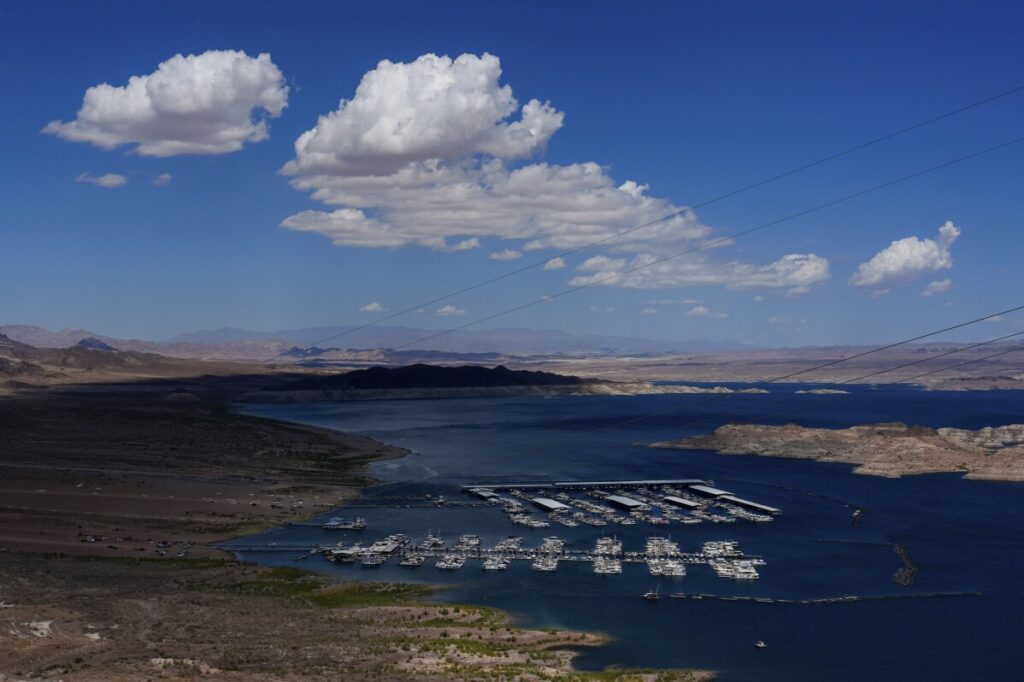Trapped Behind the Falls: A Risky Rescue Highlights Growing Outdoor Safety Failures
A California man trapped behind a waterfall for two days was finally rescued by a helicopter team, exposing critical warnings about dangerous recreational activities often overlooked by authorities.

When Ryan Wardwell, a 46-year-old from Long Beach, attempted to rappel down the challenging Seven Teacups waterfalls near Sequoia National Park, he embarked on an adventure that quickly turned into a harrowing ordeal. Pushed off his climbing lines by the forceful river hydraulics, Wardwell became trapped behind a waterfall and was stranded for two days before rescue teams located and extracted him via helicopter.
How Many More Will Risk Their Lives Without Proper Oversight?
This incident is not just about one man’s misfortune; it exposes a troubling gap in public safety enforcement around popular but treacherous natural sites. The Seven Teacups, while breathtaking, involves terrain so severe that official guides emphasize the need for advanced gear and experience—a warning too often ignored or inadequately communicated. Should we expect citizens to fully assess these dangers alone when local authorities and park administrations have a duty to provide clearer protections?
The Tulare County Sheriff’s Office had to deploy infrared technology, drones, and aerial search parties over rugged terrain just to find Wardwell alive. Such costly operations serve as a stark reminder of what is at stake when safety regulations are not stringent or widespread enough. While the heroic rescue effort succeeded without major injury aside from dehydration and minor wounds, it raises serious questions about how many more could face fatal outcomes under similar circumstances.
America First Means Safeguarding Our Citizens on Every Front
This episode underscores why an America First approach must include robust support for citizen safety—not only from foreign threats but domestic dangers too. Reckless or ill-prepared outdoor exploration places lives at risk and drains taxpayer resources meant for law enforcement priorities. Stronger education campaigns, stricter access controls where warranted, and investment in preventative measures would honor national sovereignty by preserving American lives on home soil.
Ryan Wardwell’s rescue is commendable but should not become a rare exception spotlighting regulatory neglect. Our communities deserve proactive leadership that balances freedom with common-sense protections — ensuring that our natural treasures do not become deadly traps for uninformed adventurers.
